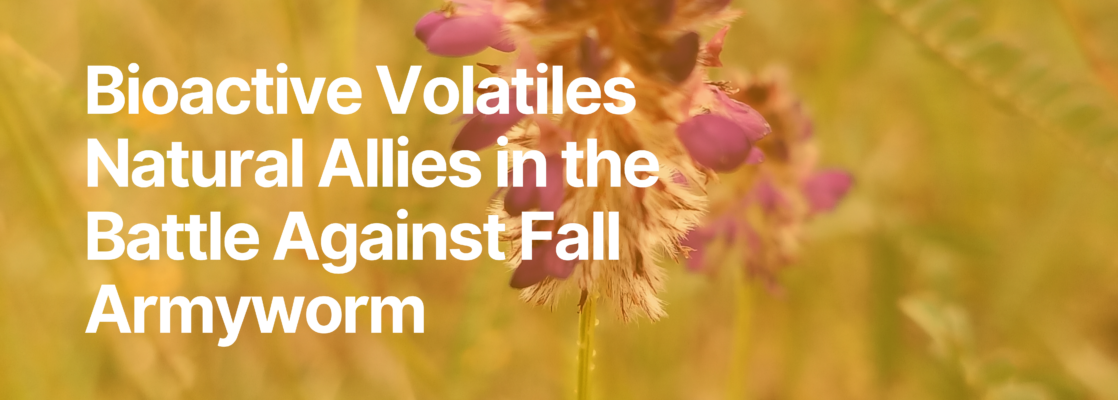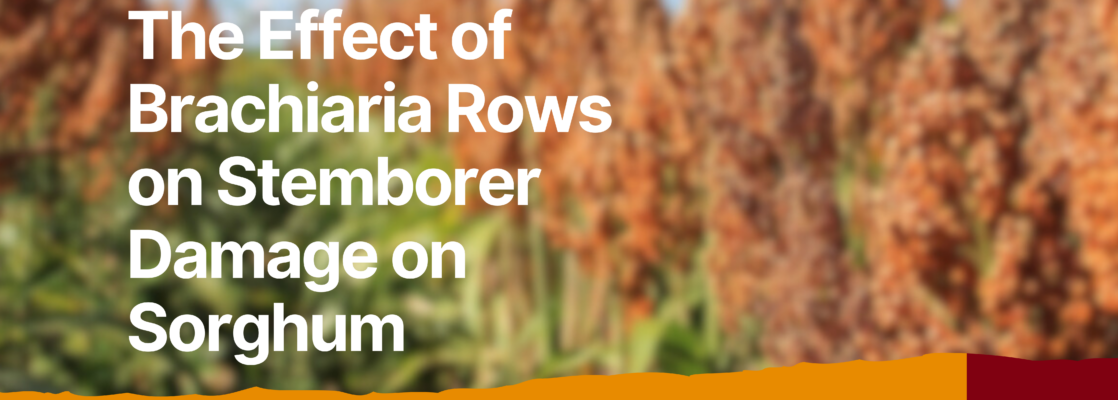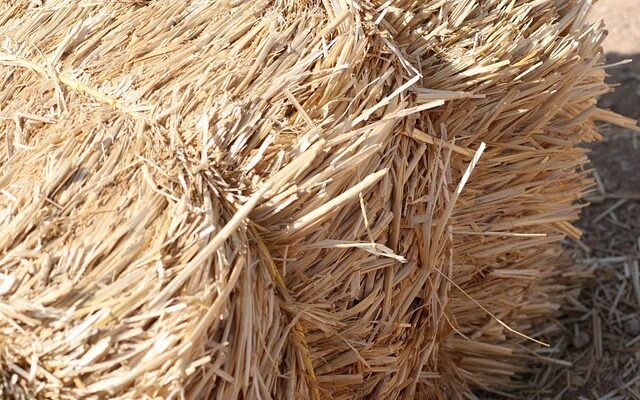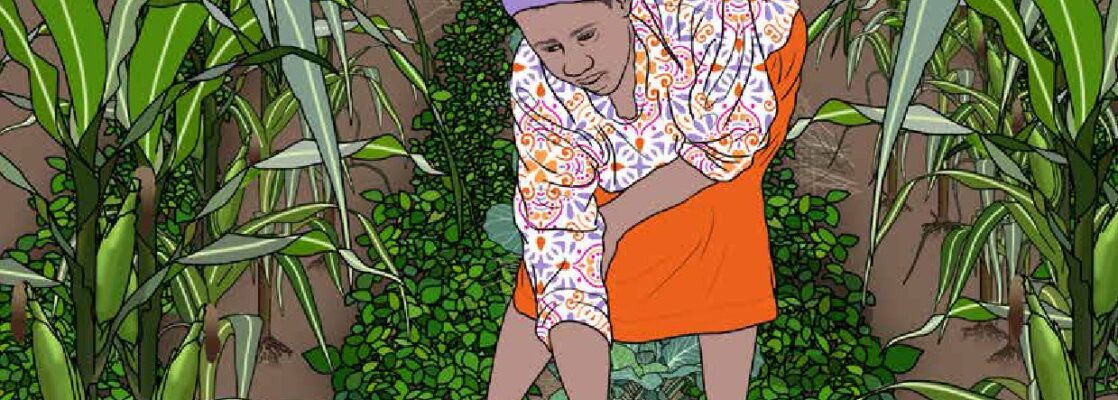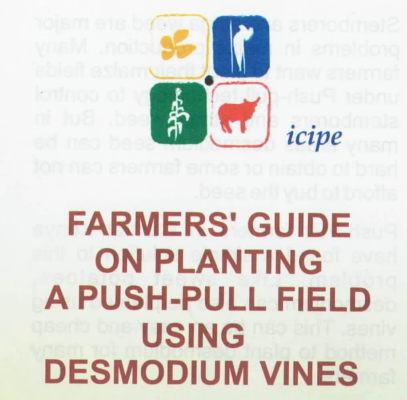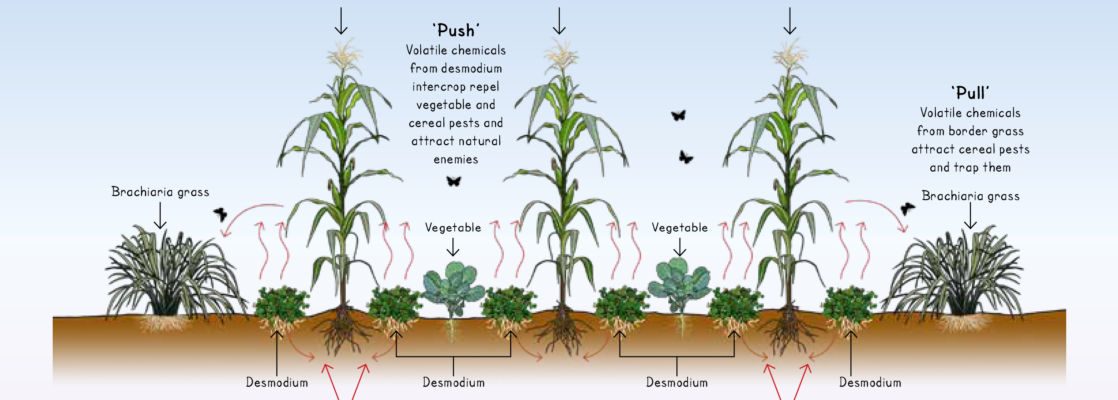Plant volatiles are the secondary metabolites that plants release into the air. Almost one-fifth of the atmospheric CO2 fixed by land plants is released back into the air each day as volatiles. They are protection against biotic and abiotic stresses… Continue Reading…

